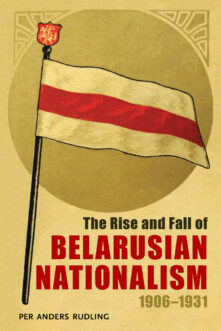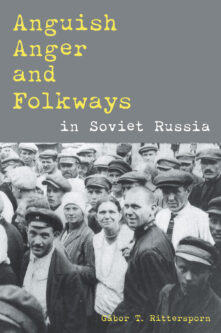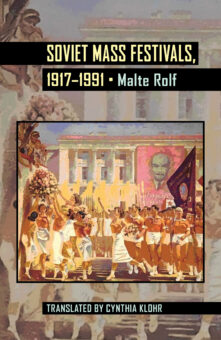Russian and East European Studies
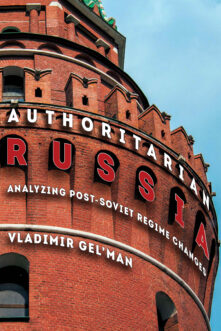

Authoritarian Russia
Analyzing Post-Soviet Regime Changes
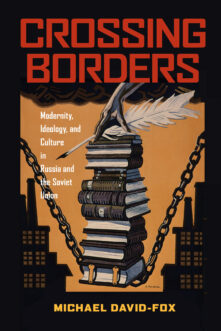

Crossing Borders
Modernity, Ideology, and Culture in Russia and the Soviet Union
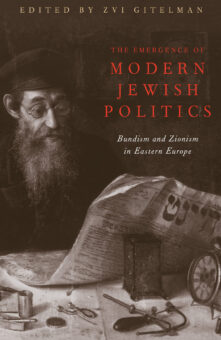

The Emergence Of Modern Jewish Politics
Bundism And Zionism In Eastern Europe
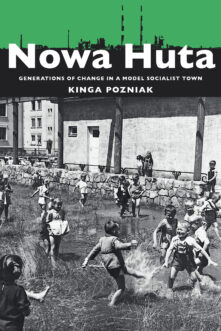

Nowa Huta
Generations of Change in a Model Socialist Town
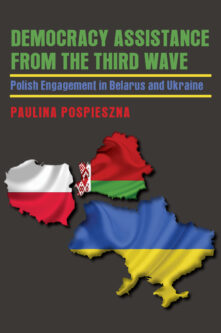

Democracy Assistance from the Third Wave
Polish Engagement in Belarus and Ukraine
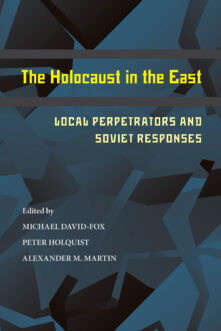

The Holocaust in the East
Local Perpetrators and Soviet Responses
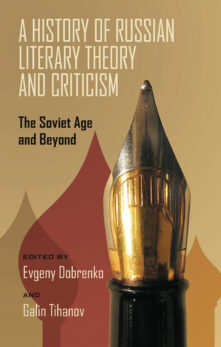

A History of Russian Literary Theory and Criticism
The Soviet Age and Beyond
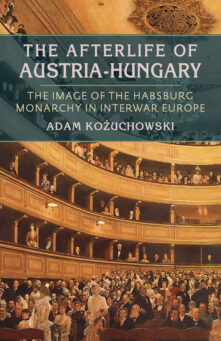

The Afterlife of Austria-Hungary
The Image of the Habsburg Monarchy in Interwar Europe
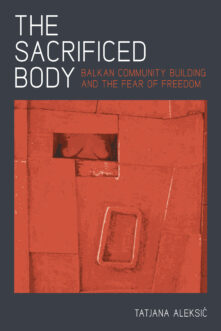

The Sacrificed Body
Balkan Community Building and the Fear of Freedom
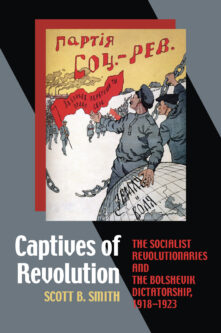

Captives of Revolution
The Socialist Revolutionaries and the Bolshevik Dictatorship, 1918–1923
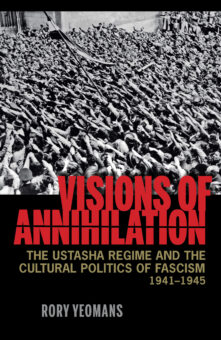

Visions of Annihilation
The Ustasha Regime and the Cultural Politics of Fascism, 1941–1945
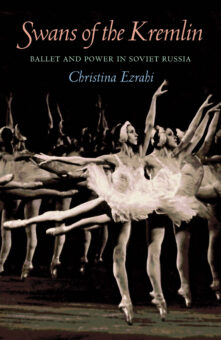

Swans of the Kremlin
Ballet and Power in Soviet Russia
Total 112 results found.


